Event | The possibility of environmental justice during the ongoing Nakba: Agriculture, food, and infrastructures in Palestine
Date: Wednesday, 6 March 2024
Time: 16:00-17:30 (GMT)
Location: Online via Zoom
This event is free to attend and open to all, but registration is essential
About the Event
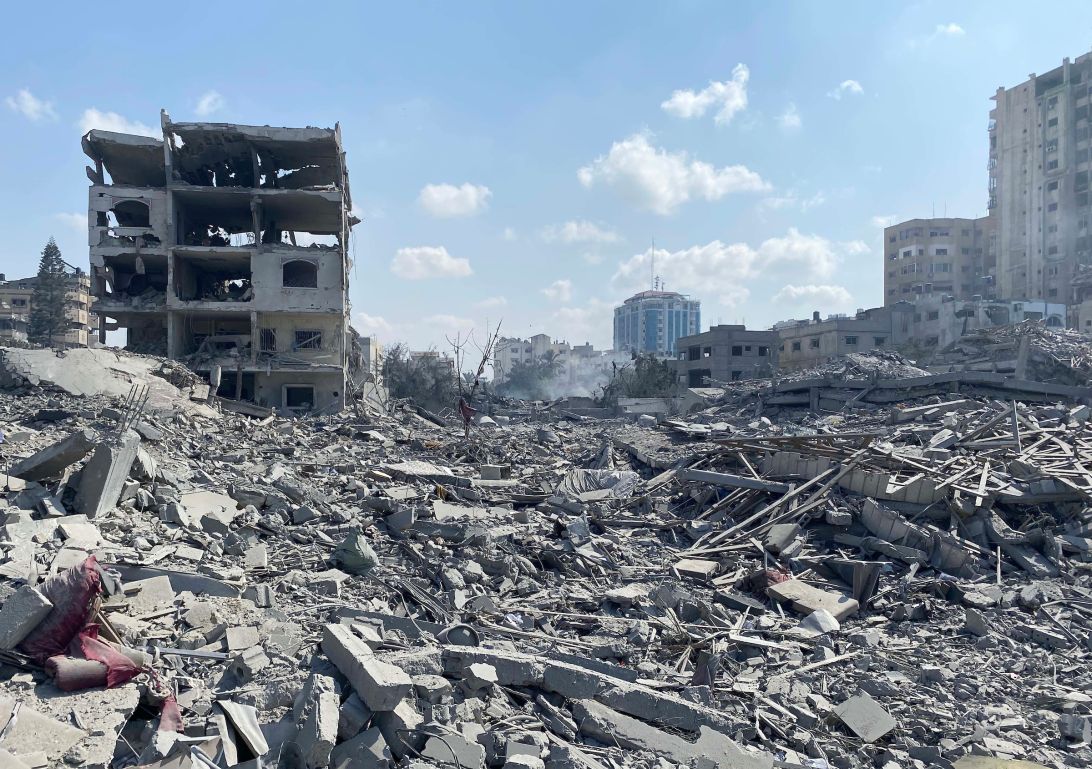
As we watch in real time the annihilation of a people, human and non-human infrastructures, and the environment, we want to make space for reflecting together on the possibility for environmental justice and liberation - for a future in Palestine. In the spirit of solidarity, we engage in a conversation about agriculture, food politics, and the materiality of social organisation with scholars and practitioners. Agriculture as an activity connected to human and non-human survival will be discussed, along with the politics of food and its weaponization as an instrument of war. In parallel, the destruction of infrastructures is not only symbolic, but also has real consequences by making it difficult to imagine a future during a time when the Nakba is continuing to unfold but with even greater violence than ever before. Join us for a conversation about Palestine, the present and the future of environmental justice, and solidarity.
Image credit: Palestinian News & Information Agency (Wafa) in contract with APAimages, CC BY-SA 3.0, via Wikimedia Commons
Speakers
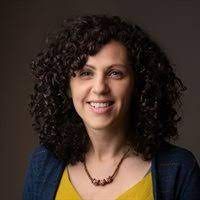
Dr Muna Dajani, LSE
Muna Dajani is an action researcher with a background in critical political ecology. Her work aims to understand environmental and water governance through decolonial and critical lenses. She holds a PhD from the Department of Geography and Environment at the London School of Economics (LSE).
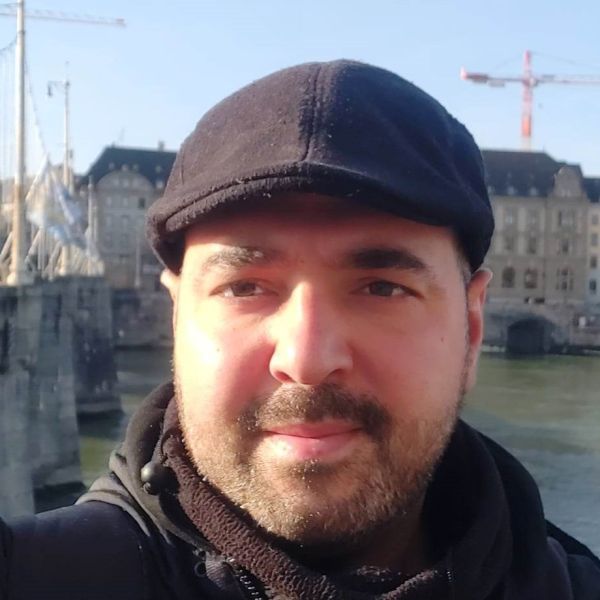
Dr.des Saad Amira, Al Quds Bard College, Palestine
Saad Amira is the head of urban studies and spatial practices at Al Quds Bard College in Palestine. His research examines the political ecology of Israeli settler-colonialism, the social history of modern Palestine, and social movements in the eastern Mediterranean region.
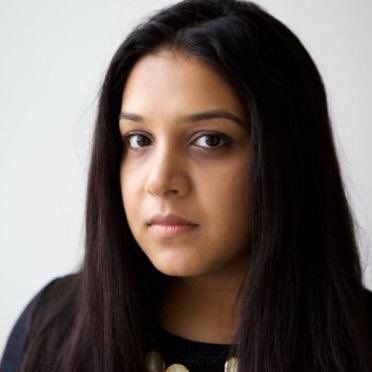
Akshaya Kumar, Human Rights Watch
Akshaya Kumar is the Director of Crisis Advocacy at Human Rights Watch. She oversees the organization’s advocacy response to emergencies and develops innovative strategies to respond to evolving crises.
Chair
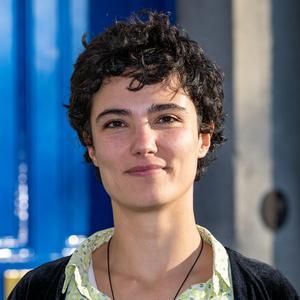
Dr Paola Rivetti, Dublin City University
Paola Rivetti is Associate Professor in Politics in the School of Law and Government, Dublin City University. She is a member of BRISMES Council and the newly-formed Committee for Academic Freedom of the Italian Society for Middle East Studies SeSaMO.
